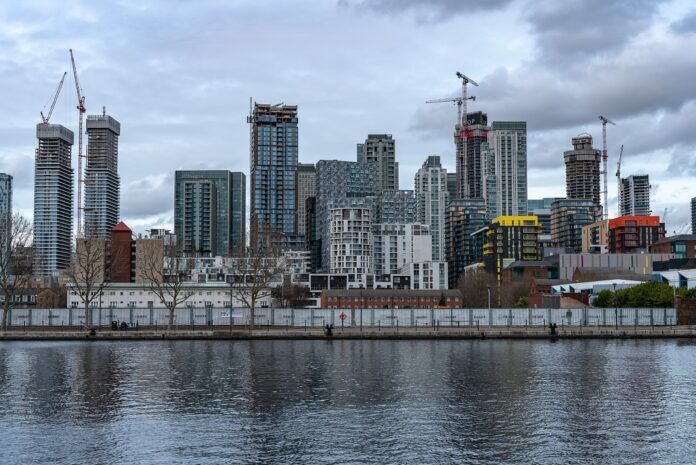The Secretary of State for Levelling Up Michael Gove has announced tough new measures that will force the industry to pay to remove cladding and protect leaseholders from exorbitant costs.
The proposals will see the industry pay to fix historical problems, freeing many innocent leaseholders from shouldering an unfair financial burden.
Government powers
The government can also block planning permission and building control sign-off on developments for industry members who don’t comply, effectively preventing them from building and selling new homes. It will also be able to apply its new building safety levy to more developments, with scope for higher rates for those who do not participate in finding a workable solution.
Alongside further leaseholder legal protections, courts will also be given new powers to allow developers to be sued where they have used shell companies to manage specific developments, so they can avoid taking responsibility for their actions.
Leaseholder powers
If passed by Parliament, these amendments to the Building Safety Bill will be brought into law and will allow building owners and landlords to take legal action against manufacturers who used defective products on a home that has since been found unfit for habitation. The power will stretch back 30 years and allow recovery where costs have already been paid out.
New clauses will also enshrine in law that no leaseholder living in their own home or sub-letting in a building over 11m will ever have to pay for the removal of dangerous cladding.
Cost Contribution Orders will be able to be placed on manufacturers who have been successfully prosecuted under construction products regulations. These orders will require them to pay their fair share on buildings requiring remediation.
Paying up and the cap
The provisions will also go further than the package outlined last month by protecting leaseholders on non-cladding costs. Under the plans, developers that still own a building over 11m that they built or refurbished – or landlords linked to an original developer – will be required to pay in full to fix historic building safety issues in their property.
Building owners who are not linked to the developer but can afford to pay in full will also be required to put up the money to do so.
In the small number of cases where building owners do not have the resources to pay, leaseholders will be protected by a cap. The cap will be set at similar levels to ‘Florrie’s Law’, which applies to some repairs to social housing: £10,000 for homes outside London and £15,000 for homes in the capital. This will limit how much leaseholders in this scenario can be asked to pay for non-cladding costs, including waking watch charges.
Any costs paid out by leaseholders over the past five years will count towards the cap, meaning some leaseholders will pay nothing more. We will carry out further consultation with parliamentarians and stakeholders before finalising this to ensure that we deliver the right result for leaseholders.
The provisions will protect leaseholders and encourage a more proportionate approach to fixing buildings.




